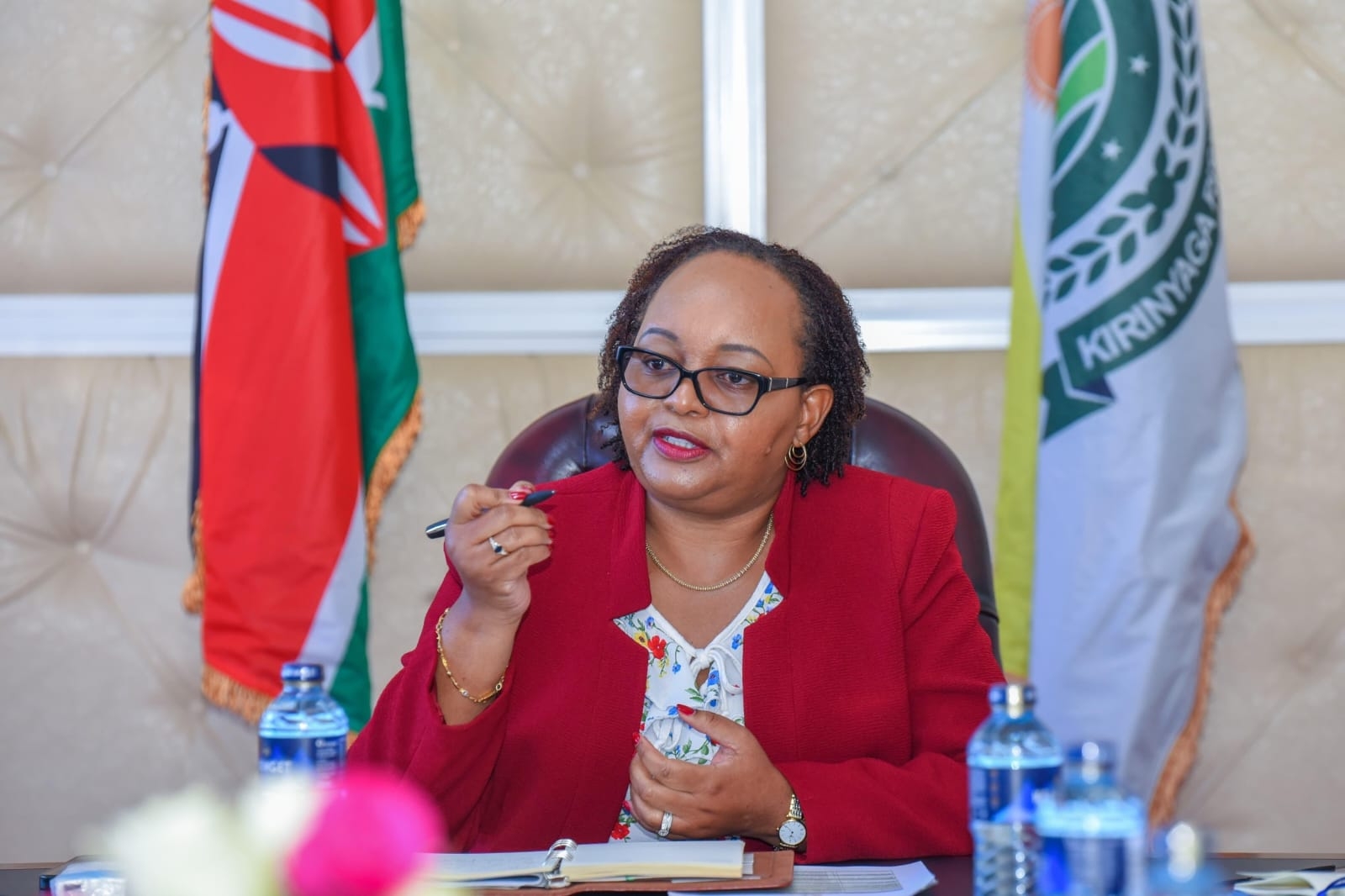
How does gender-based violence specifically impact maternal, newborn, and child health outcomes?
Every year 287,000 women die while giving birth and 4.9 million children under five lose their lives, with nearly half of these deaths—2.3 million—happening in the first month of life.
Sub-Saharan Africa faces the biggest challenges, accounting for nearly 70% of maternal deaths and half of child deaths globally.
Most of these deaths are preventable with access to timely and quality healthcare and by addressing underlying social determinants of health. However, gender-based violence (GBV) adds another layer of risk.
Why is it crucial to address this link in global health efforts?
Women experiencing intimate partner violence (IPV) are more likely to suffer from complications during pregnancy. The violence and related stress have been proven to drive preterm labour and low birth weight in newborns. For instance, the WHO estimates that IPV affects 1 in 3 women globally, and these women face a 16% higher risk of delivering low-birth-weight babies.
What does GBV do?
Gender based violence also increases maternal mortality by exacerbating existing challenges around timely access to quality care by preventing women to access prenatal care and increasing the risk of unsafe deliveries. Addressing the link between GBV and maternal, newborn and child health (MNCH) is crucial because maternal health is interconnected with newborn and child survival.
Why do you think gender-based violence remains under-prioritized in maternal and child health policies?
GBV is under-prioritized due to the normalization of violence and deeply rooted stigma, inadequate data, and a lack of gender-sensitive policies in the health sector. Cultural taboos, victim blaming, fear of retaliation among others mean that many women do not disclose their experiences of violence, resulting in a perception that the issue is not as prevalent or impactful as it truly is.
This contributes to inadequate data on this issue – which is central to shaping health policies.
Additionally, many health policies focus narrowly on clinical care, sidelining the broader social determinants of health, such as violence and gender inequality which have a huge impact on demand for services. Despite the recognition of violence against women as a significant public health issue, investment in prevention and services for survivors remains inadequate.
16 Days of Activism against GBV
Advocacy campaigns like the 16 Days of Activism are vital for raising awareness, shifting societal norms, and catalyzing action on GBV. These campaigns bring sustained attention to the issue, highlighting the pervasive nature of violence against women and its consequences on health. It is through campaigns like these that we can start to normalize the conversation and begin to drive change.
What role do advocacy campaigns play in driving awareness and action on this issue?
These campaigns plant a seed of change in the general public. Global movements like #MeToo have driven great attention to these issues, leading not only to policy commitments but to visible changes in the application of these policies and to the shifting of gender norms within certain industries. Advocacy not only drives awareness but also empowers survivors to seek help and hold perpetrators accountable.
What are some strategies that governments and health organizations can implement to address violence?
Health facilities should implement routine GBV screening during antenatal visits, coupled with comprehensive training for healthcare providers to identify and support survivors.
Strengthening health systems will also help address VAW through protocols, capacity building, and effective coordination between agencies is essential. Successful examples include Rwanda’s Isange One-Stop Centers, which have served many survivors since their inception.
What other strategies should countries embrace?
Education and Economic Empowerment Programs provide women with education and financial independence through vocational training.
Microloans can reduce dependence on abusive partners and improve health outcomes.
Governments should also invest in robust data
collection systems and research to track GBV and its impact on MNCH, enabling
evidence-based policymaking.
How can communities and local organizations be empowered to combat GBV?
Communities and local organizations are critical to driving change. To empower communities, we need to take a bottom-up approach that builds on local knowledge, culture, and networks.
We must educate and raise awareness through community workshops and school-based programs that address harmful gender norms and promote respectful relationships.
What should Men, Boys and NGO's do?
We need to engage Men and Boys through programs that involve men in conversations about gender equality, and challenging patriarchal norms that perpetuate GBV.
We must strengthen Local NGOs: Grassroots organizations often have the trust of communities and are well-positioned to provide survivor support yet are often underfunded.
Governments and donors should fund these organizations and build their capacity.
What should policymakers, healthcare providers and international organisations do?
They should enforce and fund GBV laws, ensuring survivors have access to justice, shelter, and healthcare, Integrate GBV into national health strategies, and allocate budgets for GBV prevention and response programs, focusing on rural and underserved populations.
Others include standardising GBV screening in maternal health services and establishing referral pathways for survivors, training staff in trauma-informed care, ensuring sensitive and effective support for survivors, scaling funding for GBV programs, particularly in LMICs, to bridge resource gaps
Kadi Toure is the Communications Lead at the Partnership for Maternal, Newborn and
Child Health (PMNCH), the world’s largest alliance for women’s, children’s and
adolescent health and well-being, hosted by the World Health Organization, based in
Geneva











